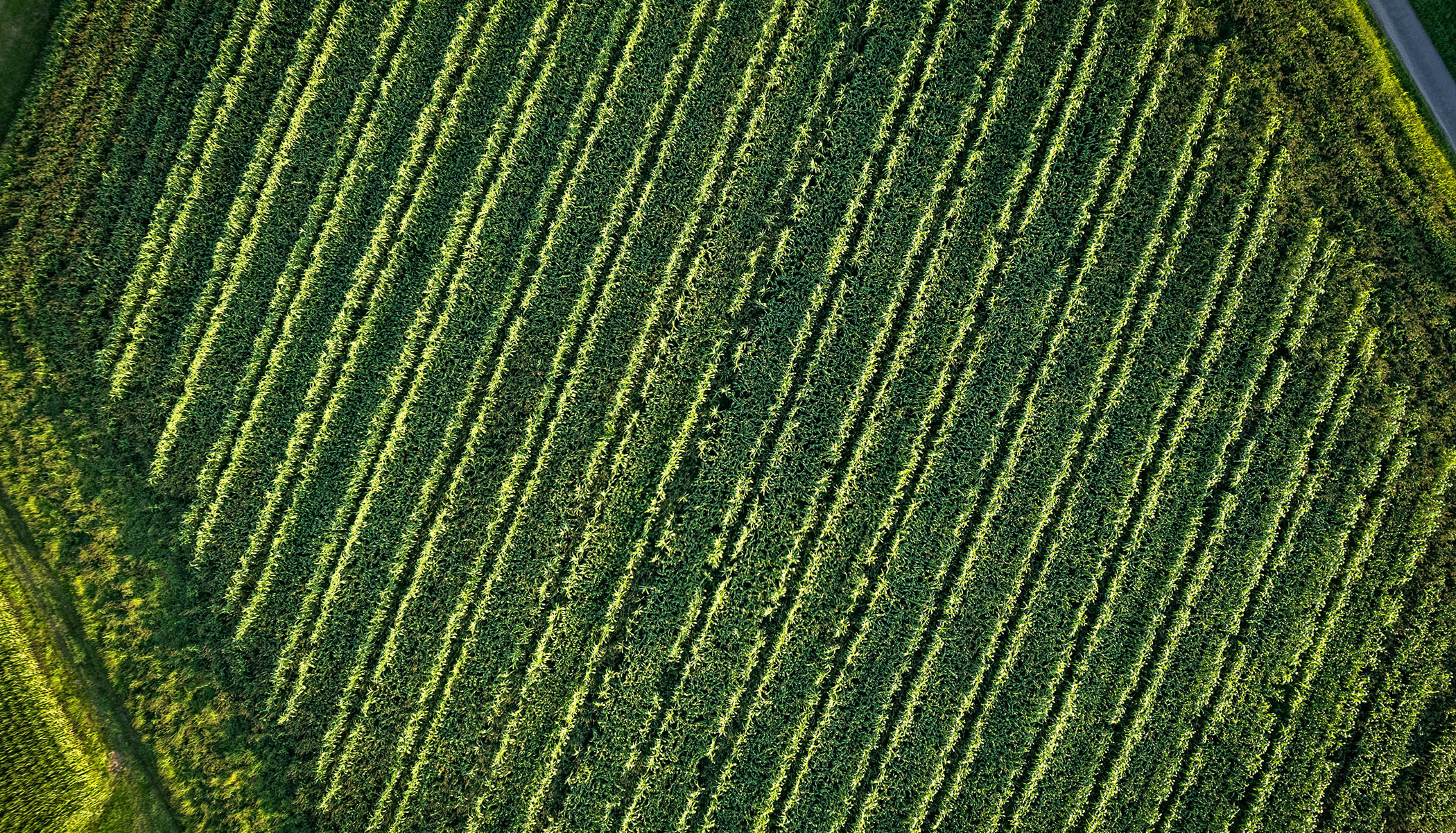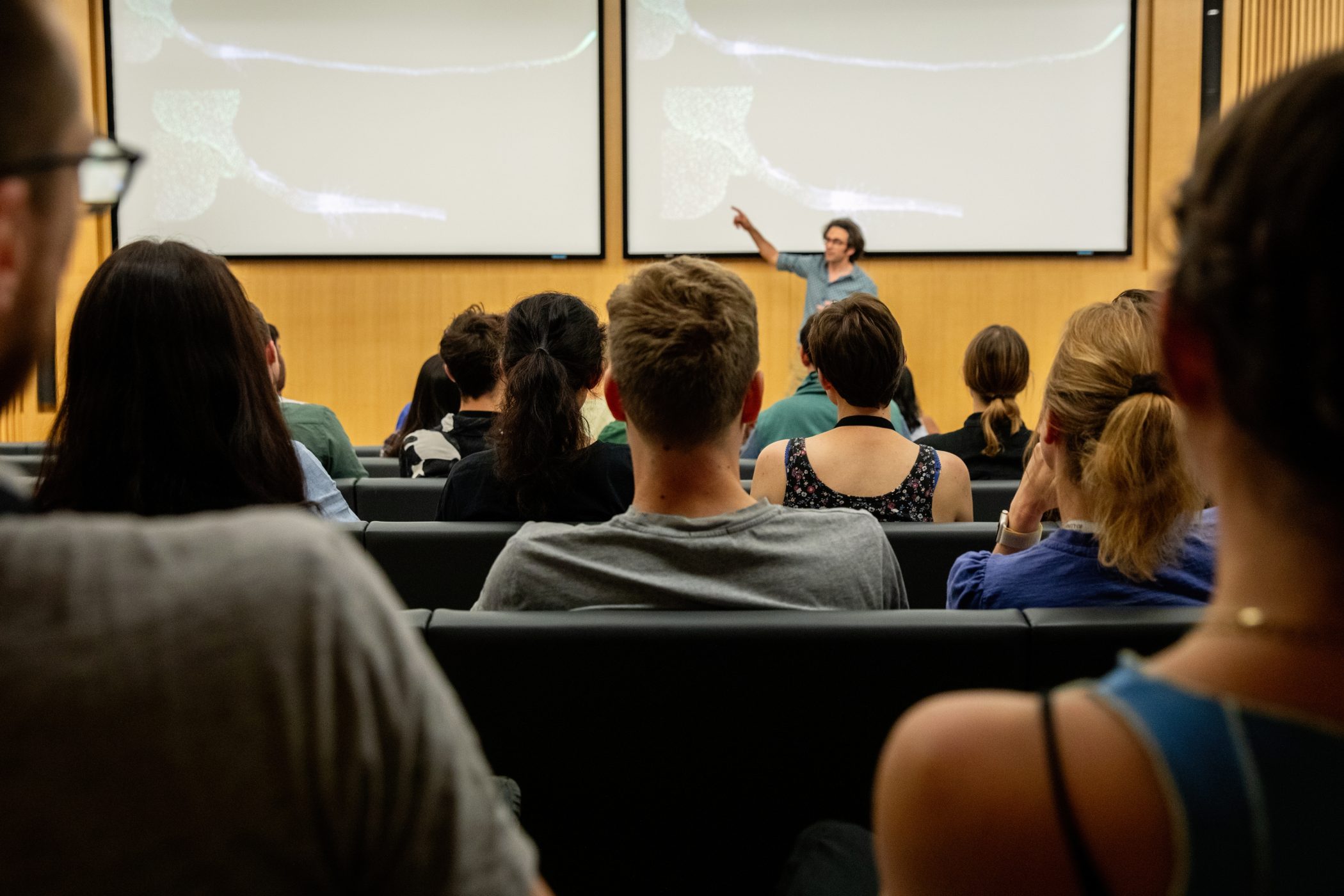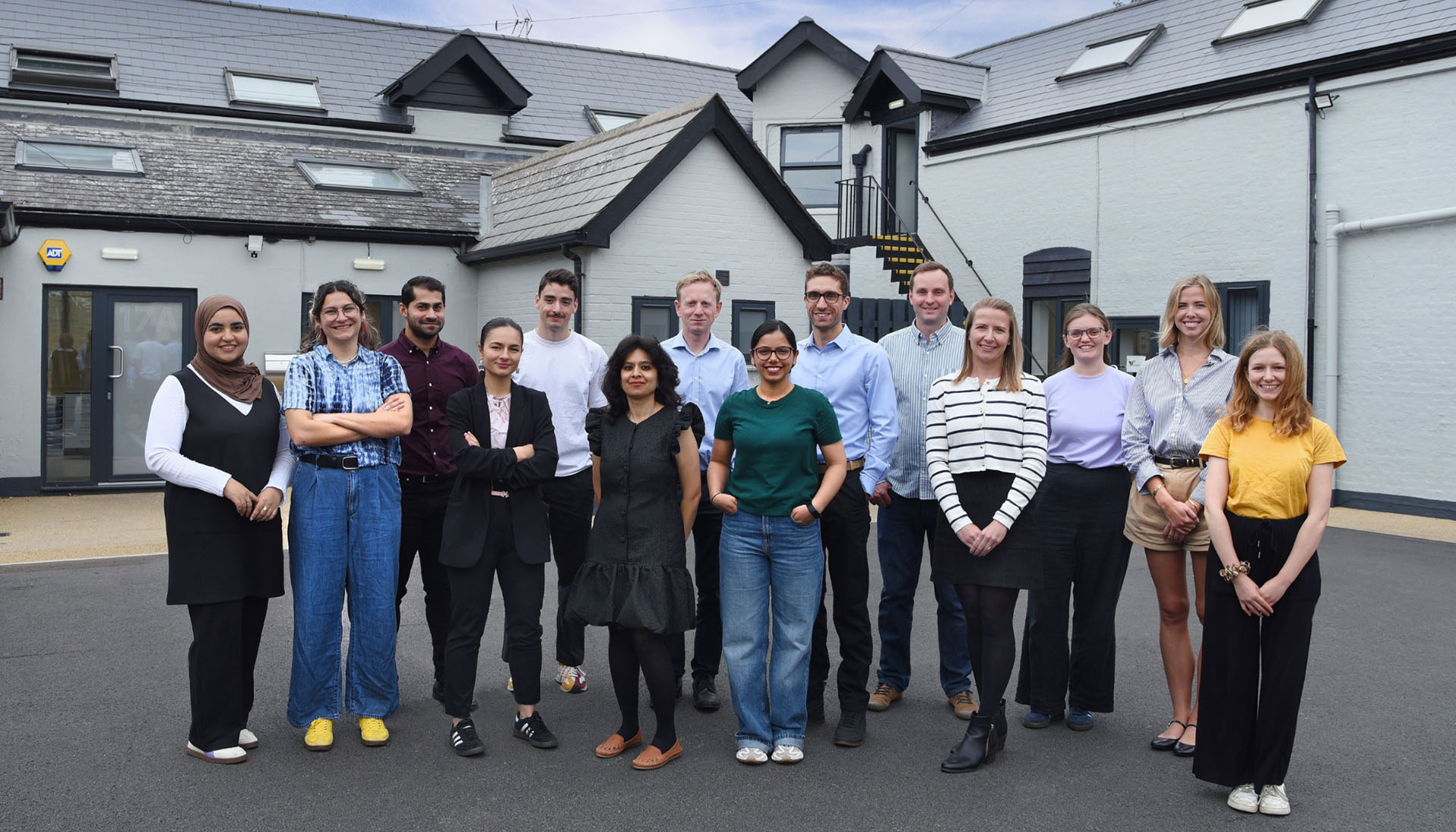Developing a UK agri-tech innovation cluster
Agri-techA new partnership led by the University of Lincoln, UK, to develop a globally recognised agri-tech innovation cluster in the East of England has received a major national funding award from Research England to advance commercialisation of research through new spinout companies.
Agri-tech Commercialisation Ecosystems (ACE), a partnership project from the universities of Lincoln, Cambridge and East Anglia, has been awarded £5 million by the UKRI-Research England CCF-RED Fund.
This will enable the creation of a national agri-tech ‘Technology Transfer Office’ and the new company Ceres Agri-Tech Ltd that will support the commercialisation of early-stage agricultural innovations. Ceres Agri-Tech is a collaborative initiative founded by and located at Cambridge Enterprise, the innovation arm of the University of Cambridge.
The project targets key regional challenges, including low wages, workforce skills gaps, and climate resilience, by supporting high-quality, inclusive employment and environmentally focused agri-tech innovation.
Professor Simon Pearson, Founding Director of the Lincoln Institute for Agri-Food Technology (LIAT) at the University of Lincoln, said:
“We are thrilled that the ACE project has received a vital £5 million award from Research England, which will enable incredible growth within agri-tech and the creation of many new ‘spinout’ businesses over the next decade and beyond.
“Within the next 10 years, ACE aims to fund 95 research projects, create over 1,300 new jobs within the sector and bring a projected £506 million into the UK economy.
“In a world where geopolitical instability, climate change and resource scarcity seem to be threatening food security, we now have a great opportunity to create an innovation cluster for the UK that will deliver positive economic, societal and environmental impacts for many years to come.”
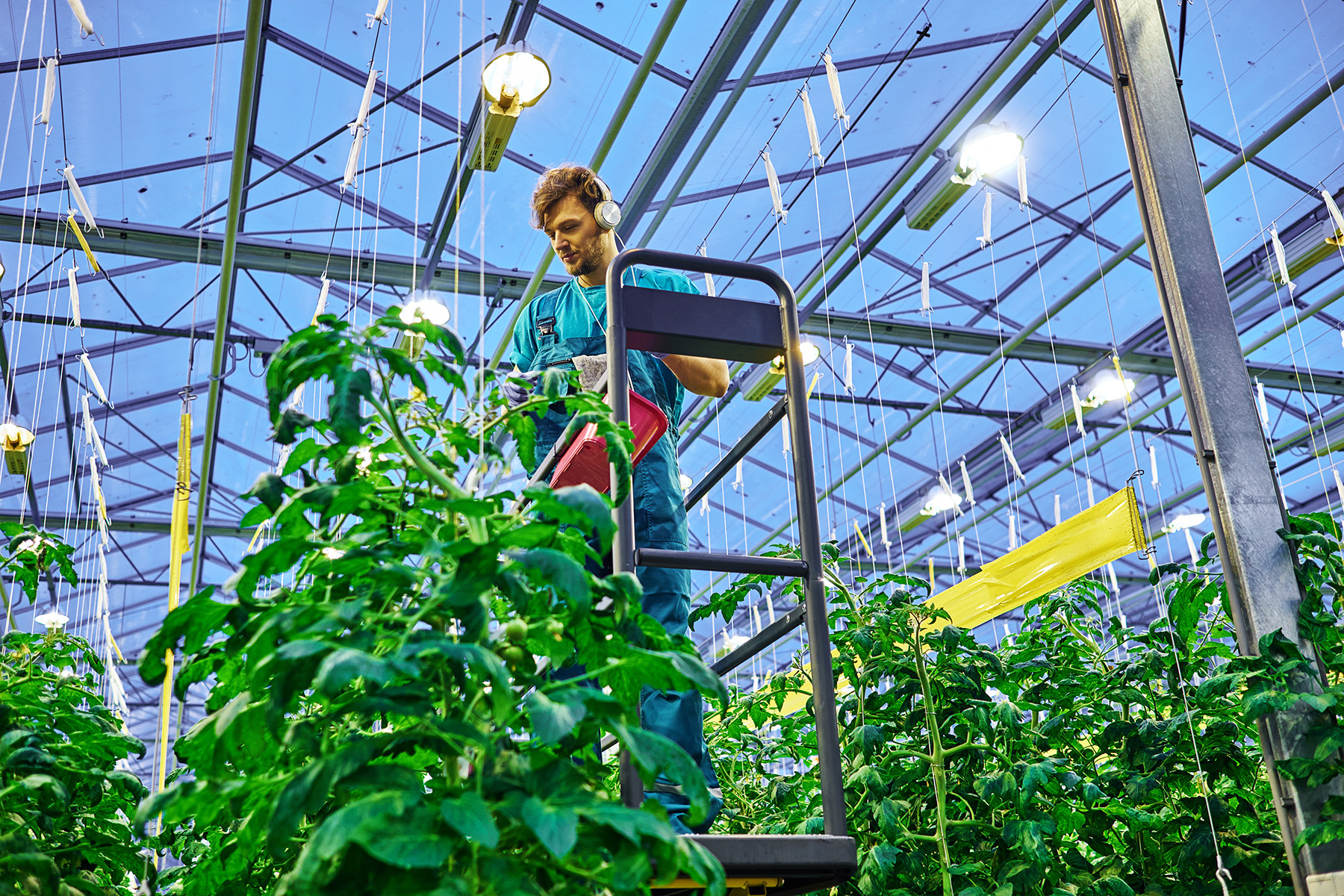
Karl Dayson, Pro Vice Chancellor for Research, Knowledge Exchange and Global Engagement at the University of Lincoln, said:
“I am delighted that globally leading agri-tech research and innovation activity in Lincolnshire and the East of England is being supported to drive economic development through an innovation cluster.
“This reinforces the role the University of Lincoln plays in our city, county, and country made stronger through collaboration with our partners on the project.”
The ACE project will harness the agricultural and research strengths of Greater Lincolnshire, East Anglia, and Cambridgeshire, turning them into a globally competitive innovation cluster. The region’s dense concentration of crop production, agri-tech infrastructure, and civic support creates a unique platform for high-impact investment and sustainable food system development.
“I am delighted that this Research England Agri-Tech Commercialisation Ecosystems (ACE) funding will enable the creation of a national agri-tech ‘Technology Transfer Office’...”
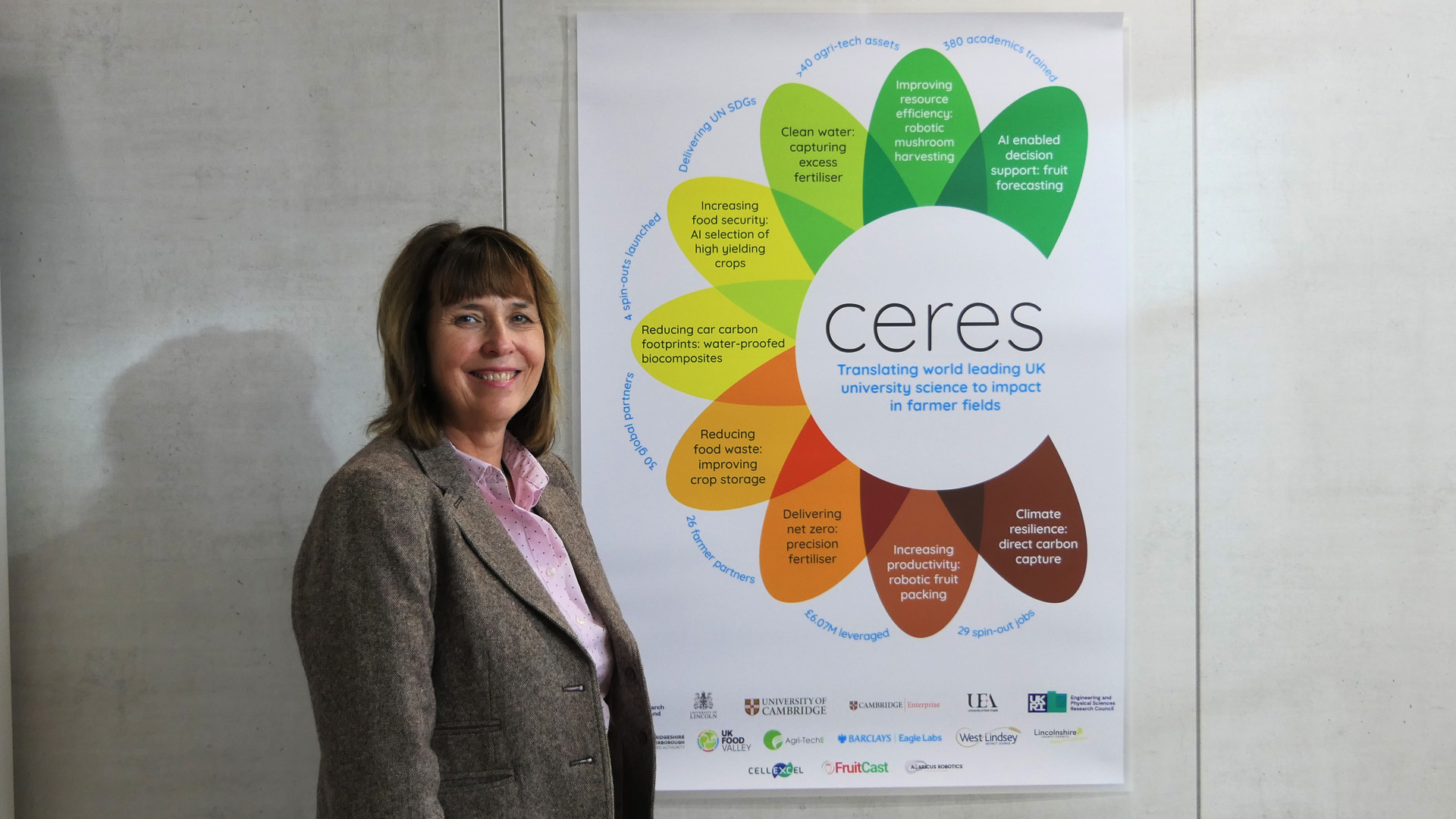
Dr Louise Sutherland, continued:
“…that will support the translation of early-stage agricultural innovations and strengthen the UK’s position as a global leader in agri-tech innovation.”
“Since its foundation in 2018, the Ceres Agri-Tech collaborative partnership has played a pivotal role in agri-tech innovation, translating cutting-edge university research into innovative real-world solutions addressing global challenges such as food security, climate change, and sustainable agriculture.
Professor Julian Blow, Pro-Vice-Chancellor for Research and Innovation at the University of East Anglia (UEA) said:
“As a leading UK university in agri-food research and innovation, we are delighted to be part of this successful bid, building on the benefits that Ceres Agri-Tech has already brought to UEA over the past few years.
“We look forward to continuing to work collaboratively and sustainably as part of the Ceres partnership to solve the challenges of our changing world.”
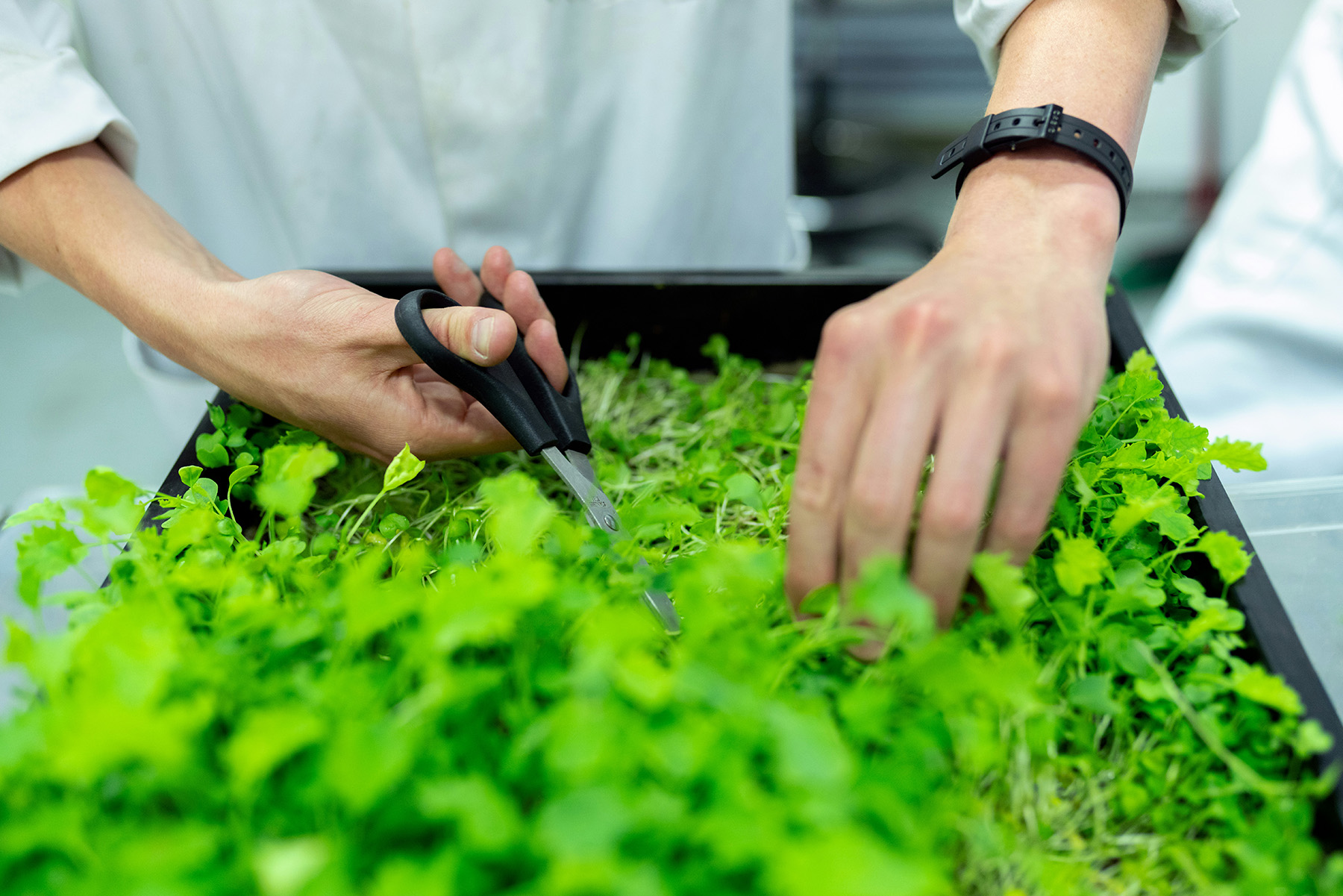
Investing in agri-tech
Research England is investing £30 million into four regional projects through its University Commercialisation Ecosystem initiative. These projects will bring together universities, industry and other partners to deliver a step change in knowledge exchange activity.
The funding forms part of Research England’s wider work to support research commercialisation across the country. It builds on the Connecting Capability Fund (CCF) and the Research England Development (RED) Fund, which aim to drive innovation by supporting collaboration and commercialisation.
Professor Dame Jessica Corner, Executive Chair of Research England, said:
“I am thrilled that through Research England’s Connecting Capability Fund we are able to support the Government’s mission for economic growth by directing £30m to these four exciting projects across England.
“The funding will help these projects develop, grow and scale commercialisation capabilities around the research and development base of universities; fostering collaboration, bringing together expertise and research strengths and focus these on opportunities that will directly benefit local communities.”
Dr Diarmuid O’Brien, Pro-Vice-Chancellor for Innovation at the University of Cambridge, commented:
“Ceres Agri-Tech is a testament to the power of University innovation and collaboration, and the positive impact of publicly funded research. This collaboration will harness the University of Cambridge’s world-class research capabilities, and Cambridge Enterprise’s proven track record in research translation, to help address global challenges such as food security, climate change, and sustainable agriculture.”
Accelerating agri-tech innovation
To date Ceres Agri-Tech has launched four agri-tech spinouts, which together have created 29 high-value jobs and are developing innovative agri-tech solutions for critical challenges. These spinouts include: Fruitcast, Agaricus Robotics and Cellexcel.
Ceres Agri-Tech has a pipeline of over 40 agri-tech innovations with global potential including direct carbon capture for climate resilience, net zero precision fertiliser and improving crop storage for reduced food waste. The pipeline projects all address UN Sustainability Development Goals, such as zero hunger, clean water (and sanitation), responsible consumption and production and industry, innovation and infrastructure.
Click here to find out more about Ceres Agri-tech.
Image Credits: Unsplash



